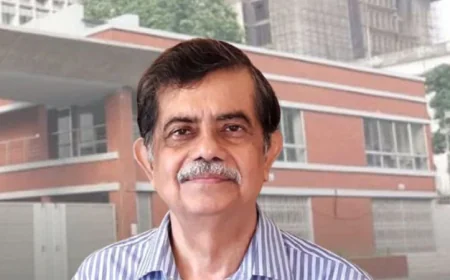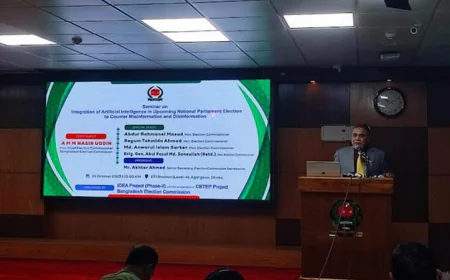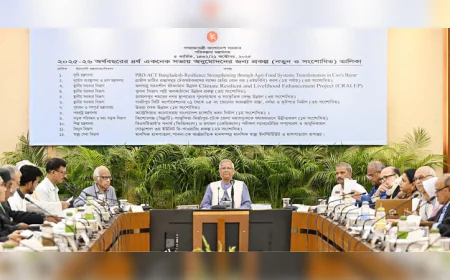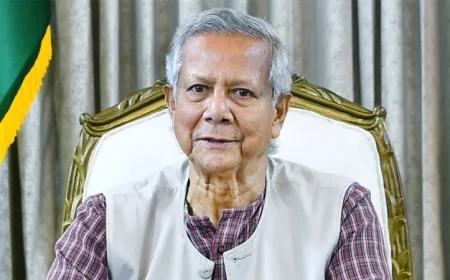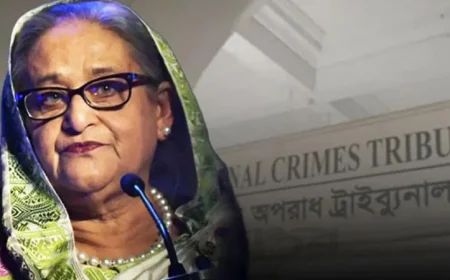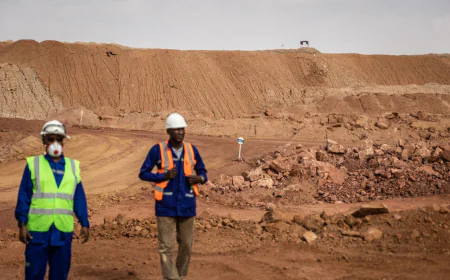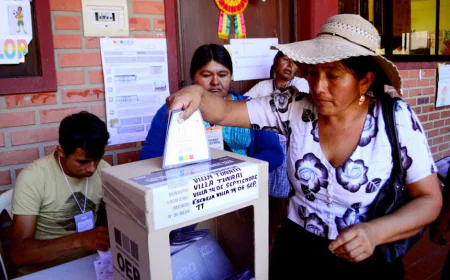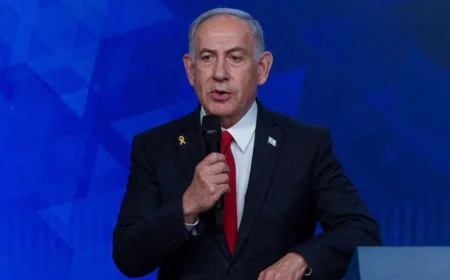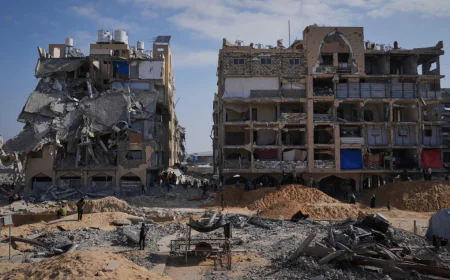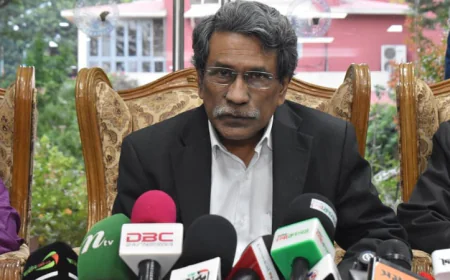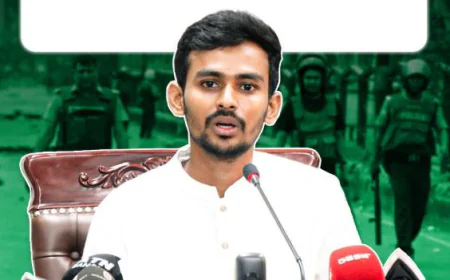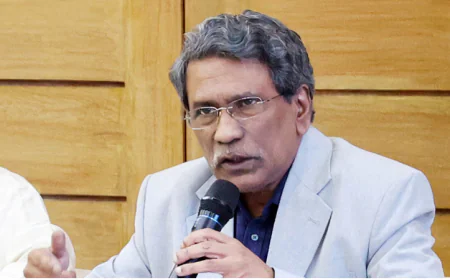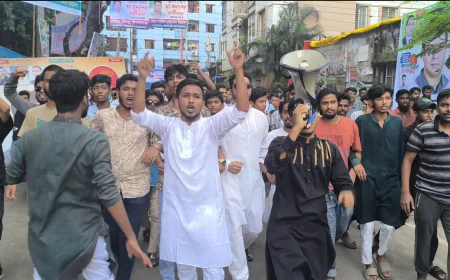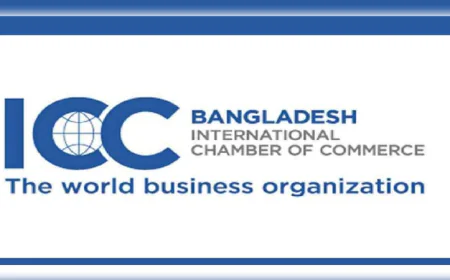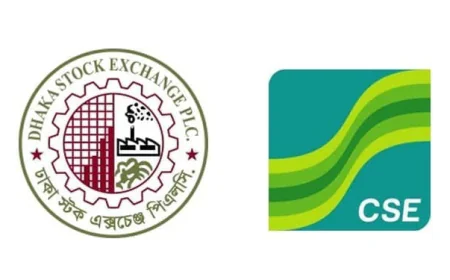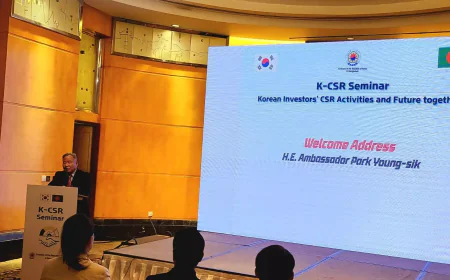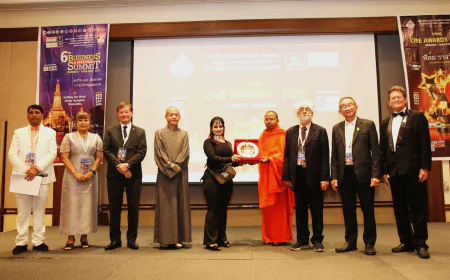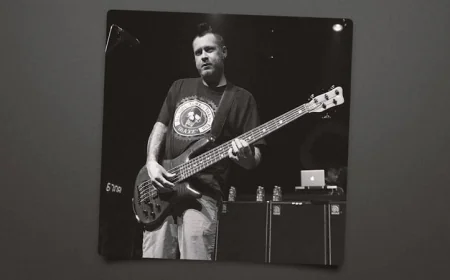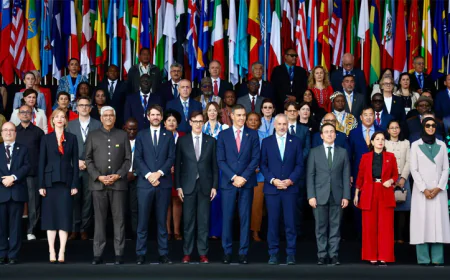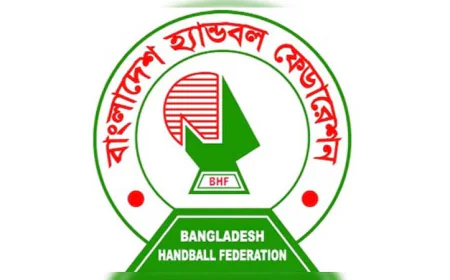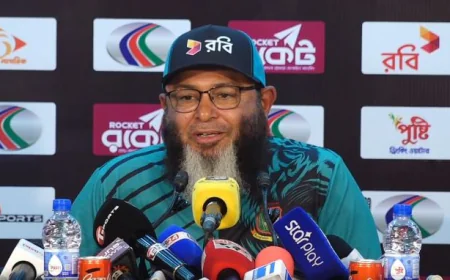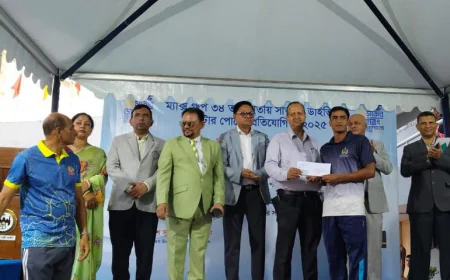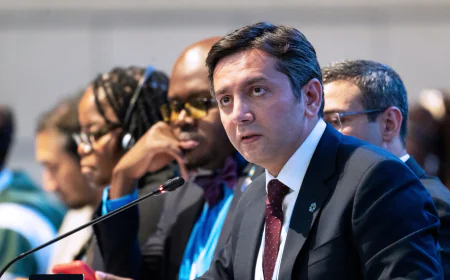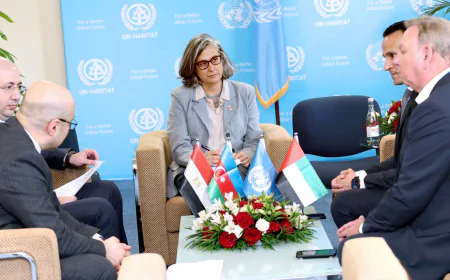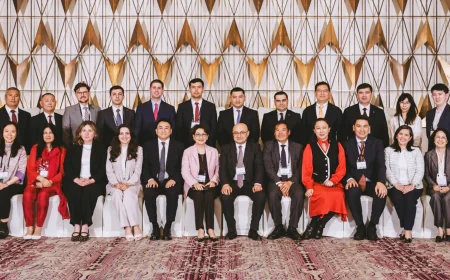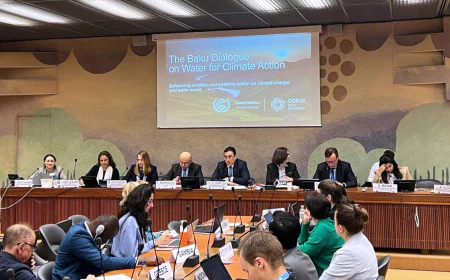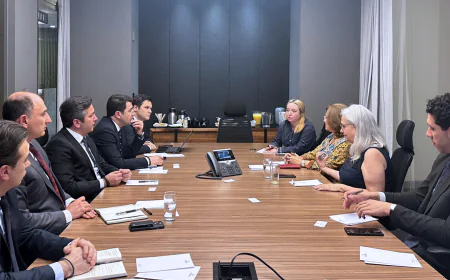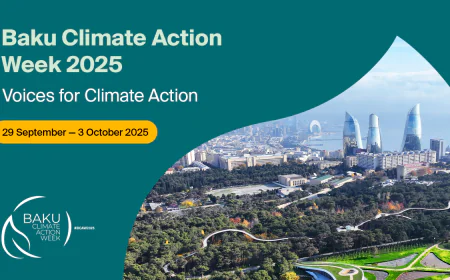Briefing Showcases COP29 Declaration on Multisectoral Action Pathways for Resilient Cities
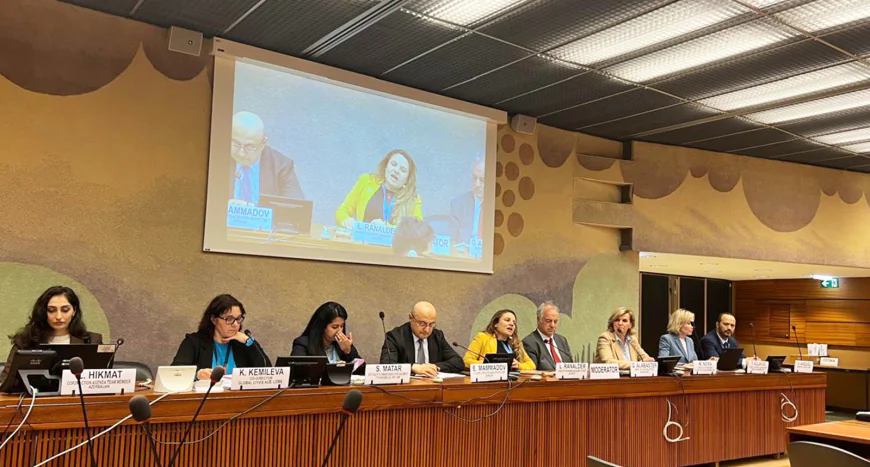
Khorshad Alom
At the Palais des Nations, the COP29 Presidency of Azerbaijan, in its capacity as chair of the newly established Baku Continuity Coalition on Urban, Multisectoral and Multilevel Climate Action, convened a high-level briefing alongside UN-Habitat and the World Health Organization (WHO) to highlight momentum behind urban climate initiatives within the UNFCCC process.
The session was moderated by Ms. Lea Ranalder, Associate Programme Officer at UN-Habitat. Opening remarks were delivered by Mr. Elmar Mammadov, Co-leader of the COP29 Action Agenda Initiatives team; Dr. Graham Alabaster, Chief of the Geneva Office of UN-Habitat; and Dr. Maria Neira, Director of the Department of Public Health and Environment at WHO. All speakers emphasized the growing recognition of cities and local governments as key actors in global climate action.
Central to the discussions was the COP29 Declaration on Multisectoral Action Pathways (MAP) to Resilient and Healthy Cities, adopted at COP29. The declaration integrates resilience, nature, health, and technology into urban climate planning, while creating strong synergies between the COP’s urban agenda and UN-Habitat’s World Urban Forums (WUFs). To date, the MAP Declaration has been endorsed by more than 200 stakeholders, including 54 countries, 100 cities, and 40 organizations.
Speakers, including Dr. Abdel Khalek Ibrahim (Adviser to Egypt’s Minister of Housing), Ms. Shahd Matar (Deputy Head of Mission, UAE in Geneva), Ms. Gulshan Rzayeva (Deputy Chief of Staff, Azerbaijan’s State Committee on Urban Development and Architecture), Ms. Lala Hikmat (COP29 Action Agenda Team), and Ambassador Antonio da Costa e Silva (Chief International Adviser, Ministry of Cities, Brazil), highlighted the importance of the Baku Continuity Coalition. This unique partnership links the COP27 (Egypt), COP28 (UAE), COP29 (Azerbaijan), and COP30 (Brazil) Presidencies, ensuring coherence and continuity across successive climate agendas.
Updates were shared on flagship initiatives such as COP27’s SURGe (Sustainable Urban Resilience for the Next Generation) and COP28’s CHAMP (Coalition for High Ambition Multilevel Partnerships), both of which feed into the roadmap toward COP30. These initiatives reinforce the shared vision of strengthening multilevel, multisectoral approaches to urban resilience.
Contributions from partner organizations showcased the integration of smart cities, early warning systems, and sustainable infrastructure into urban climate strategies. Key interventions came from:
- Ms. Tea Aulavuo, UNECE
- Mr. Cyrille Honore, WMO
- Ms. Lin O’Grady, EBRD
- Ms. Kamelia Kemileva, LGMA
- Ms. Cristina Bueti, ITU
Each outlined how their institutions are contributing to resilient urban futures.
The session concluded with broad support from Member States and stakeholders, reaffirming commitment to continuity, collaboration, and stronger urban climate leadership on the road to COP30 in Brazil.
The MAP Declaration remains open for endorsements. Parties and non-Party stakeholders may express support by submitting a Note Verbale or formal letter to the COP29 Presidency via email at MAP@cop29.az
